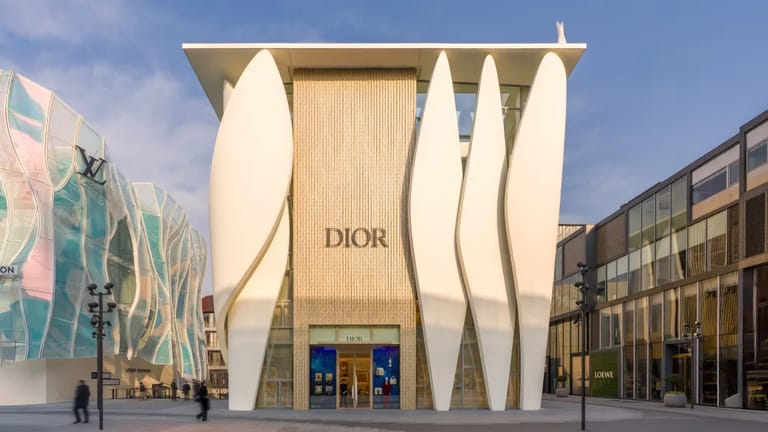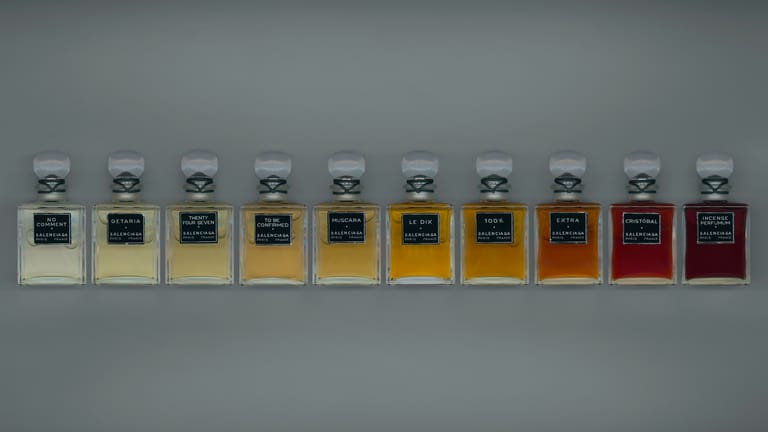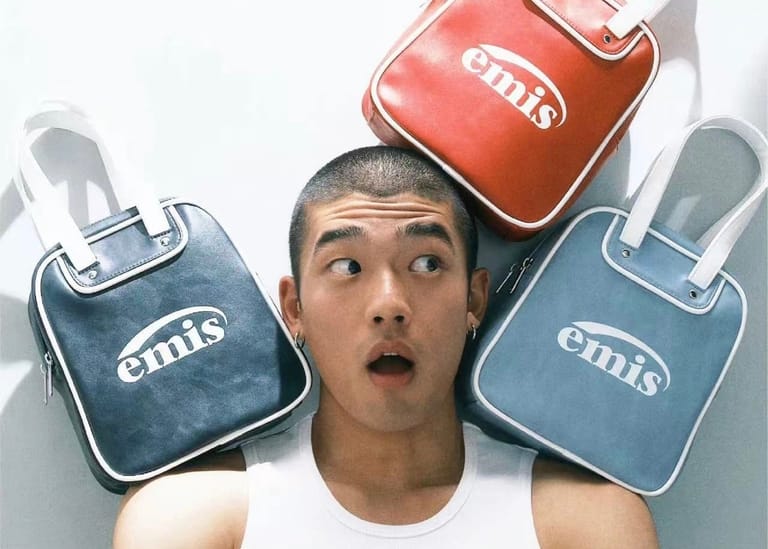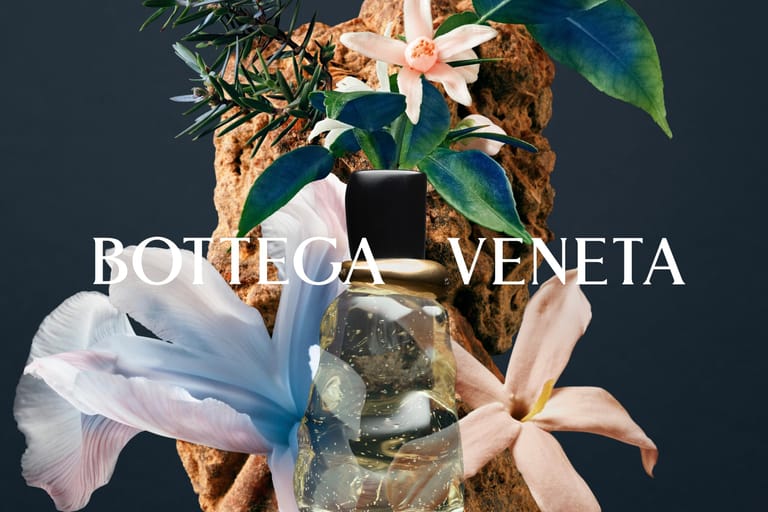The Curious Case of Labubu’s Chinese Identity
By
Yaling Jiang

Published on
June 20, 2025
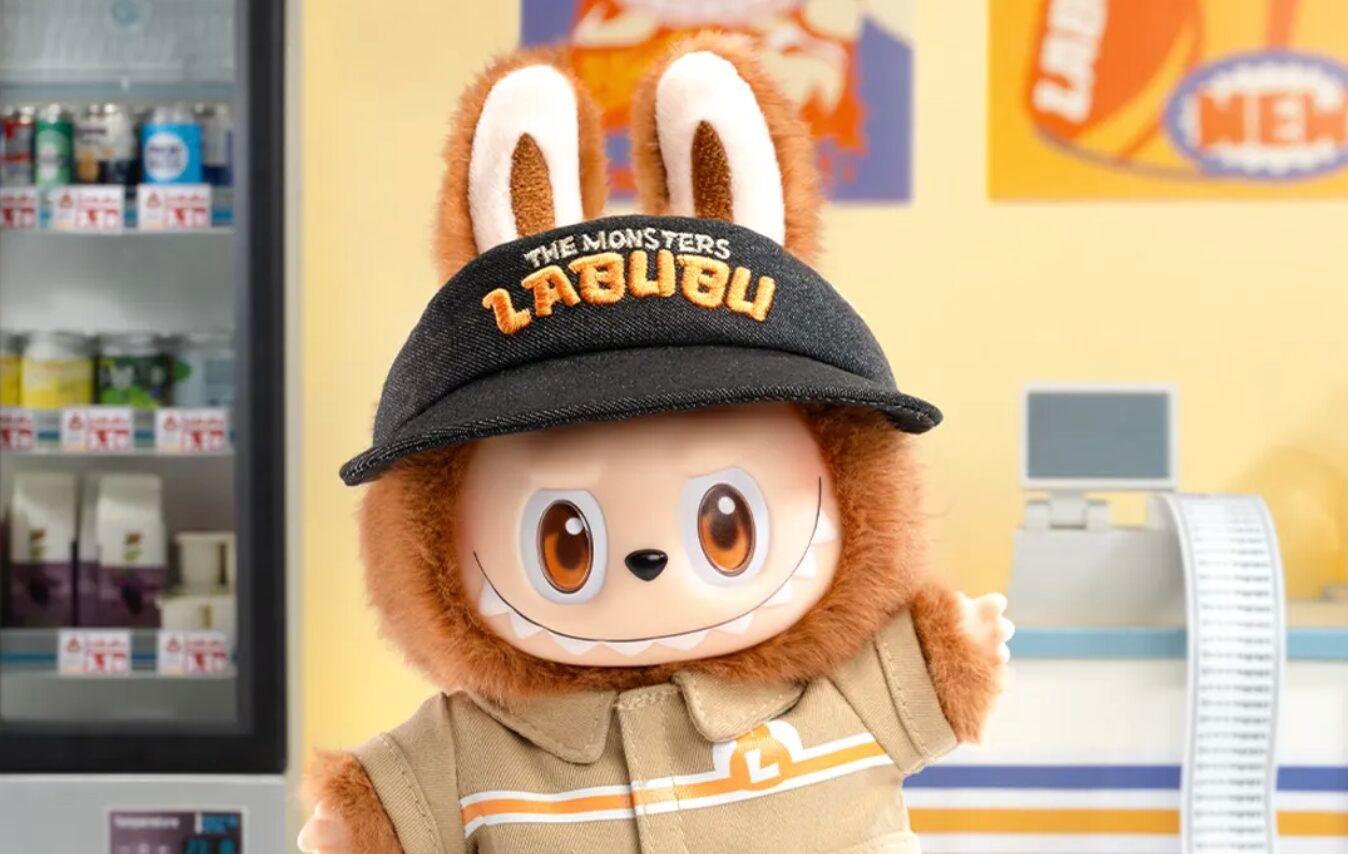
Jingzhi Voice brings thought leaders, industry pioneers, and cultural influencers together to decode key trends, challenge conventions in China, and offer forward-thinking ideas that shape the future of jingzhi (精致) and beyond.Labubu
After being inquired about the popularity of Disney’s Lotso Bear in China, I can see the parallel between the two IPs right away: both derived from Chinese toy makers’ relentless experimentations — like throwing pasta against the wall to see what sticks. While Lotso Bear, mostly distributed in China by Miniso and Disney, became a domestic hit, Labubu propelled Pop Mart’s global expansion with its international fame.
The Monsters series, including Labubu, raked three billion RMB for the toy maker in 2024, making Pop Mart one of China top VC darlings alongside Laopu Gold and Mixue. And its influence extends far beyond the doll-sphere. On June 10, Beijing’s Yongle International Auction sold a human-sized Labubu figure for over one million RMB, Pharrell Williams’ online marketplace JOOPITER is hosting an auction that includes special blind box selection of 14 one-of-a-kind Labubu figures.
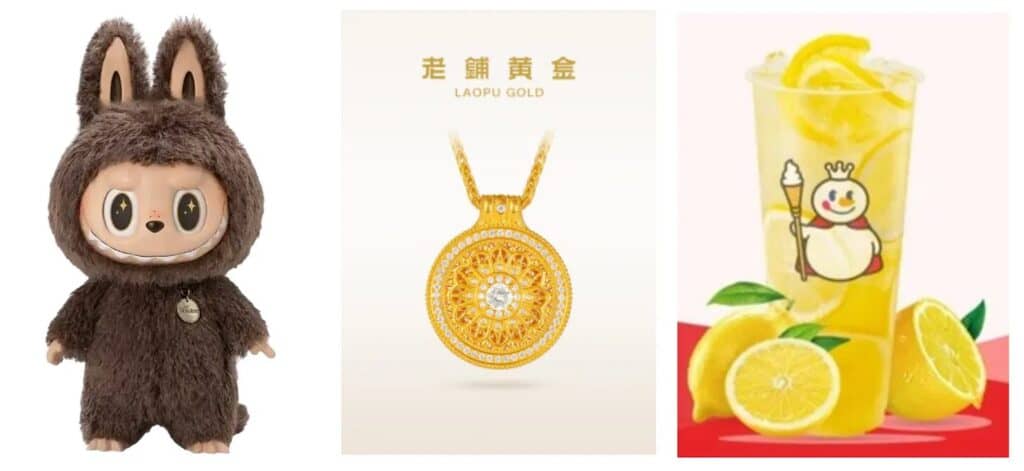
One of Labubu’s first viral moments came from ex-Blackpink member Lisa (Thai singer, rapper, actor Lalisa Manobal), who declared herself a die-hard fan. Then, a wave of celebrities followed suit, including Rihanna, Dua Lipa, and the Beckhams. At the same time, droves of wealthy influencers sport Labubu dolls as a quasi-official accessory for their Hermes and Louis Vuitton handbags.
The influencer marketing engine started kicked into gear. And as of today, we are witnessing the trend at its peak.Labubu
Can you call Labubu a Chinese IP? I believe so. To put it simply, it doesn’t suggest anything Chinese in its appearance, but it’s created by Hong Kong artist Kasing Lung, manufactured in China, and scaled through the retail network of Chinese company Pop Mart.
On the product level, not looking Chinese is helpful. Customers don’t need to think much about what specific race or nationality Labubu indicates, unlike with Mattel’s Barbie or merchandise of China’s box office winner Nezha II (imaginary inner voice: “is it ok for me to get this doll if I don’t identify with x?”).
Also, how many of you know that Labubu is female? Early fans of The Monsters might find Labubu’s personality endearing and resonate with her being a mischievous girlfriend of Tycoco, whereas mass adopters may just want it because it’s popular, trendy among celebs and want to get their hands on one. Gender identity can be a messy topic — I feel conflicted even calling her someone’s girlfriend. (“She’s more than that! A voice shouts in my head.)

Labubu’s racial and gender ambiguity, I argue, makes her/them more inclusive, contributing to its mass adoption.
On the corporate level, Chinese companies have been painfully aware of Chineseness in their branding and are actively finding ways to navigate it. They often do so by:
- deploying different publicity strategies within and outside China;
- moving HQs and manufacturing outside China.
It can be taxing when business decision makers don’t only need to consider the products, local regulations, but also the image of provenance — something you have no control over. One must also consider the reception towards the negative connotation attached to being Chinese, including poor quality and questionable ethical standards, which are propelled and reinforced by the likes of Temu and Shein.
I don’t believe Pop Mart executives want to talk about Labubu’s Chinese identity at all, unless to state media outlets in Chinese, to feed the latter’s obsession with rising patriotism and accompanying spending power.
Along with the ambiguous identity of the product, Pop Mart’s corporate image, much like its competitor Miniso, is ambiguous. Ambiguity around the corporate identity may mean that there’s less likelihood for backlash if Beijing does something wrong.
Ambiguity is good, ambiguity is safe.
…Read the full story by subscribing to the Chinese consumer newsletter Following the Yuan.
This is an opinion piece by Yaling Jiang, the founder of research and strategy consultancy ApertureChina and Chinese consumer newsletter Following the Yuan. The views expressed do not reflect the official stance of Jingzhi Chronicle.
Starting out her career as a lifestyle columnist and business journalist in 2014, Jiang has closely observed Chinese consumers throughout this defining decade. She now specializes in providing insights and strategies on the Chinese consumer market for brands and financial institutions. Her expertise has been featured in international outlets such as the Financial Times, Reuters, Le Monde, Les Echos, South China Morning Post, and Jing Daily. She is a graduate of Columbia Journalism School in the U.S., and of the University of Bath and Brunel University in the U.K.
Stay Connected Through Our Weekly Newsletter





